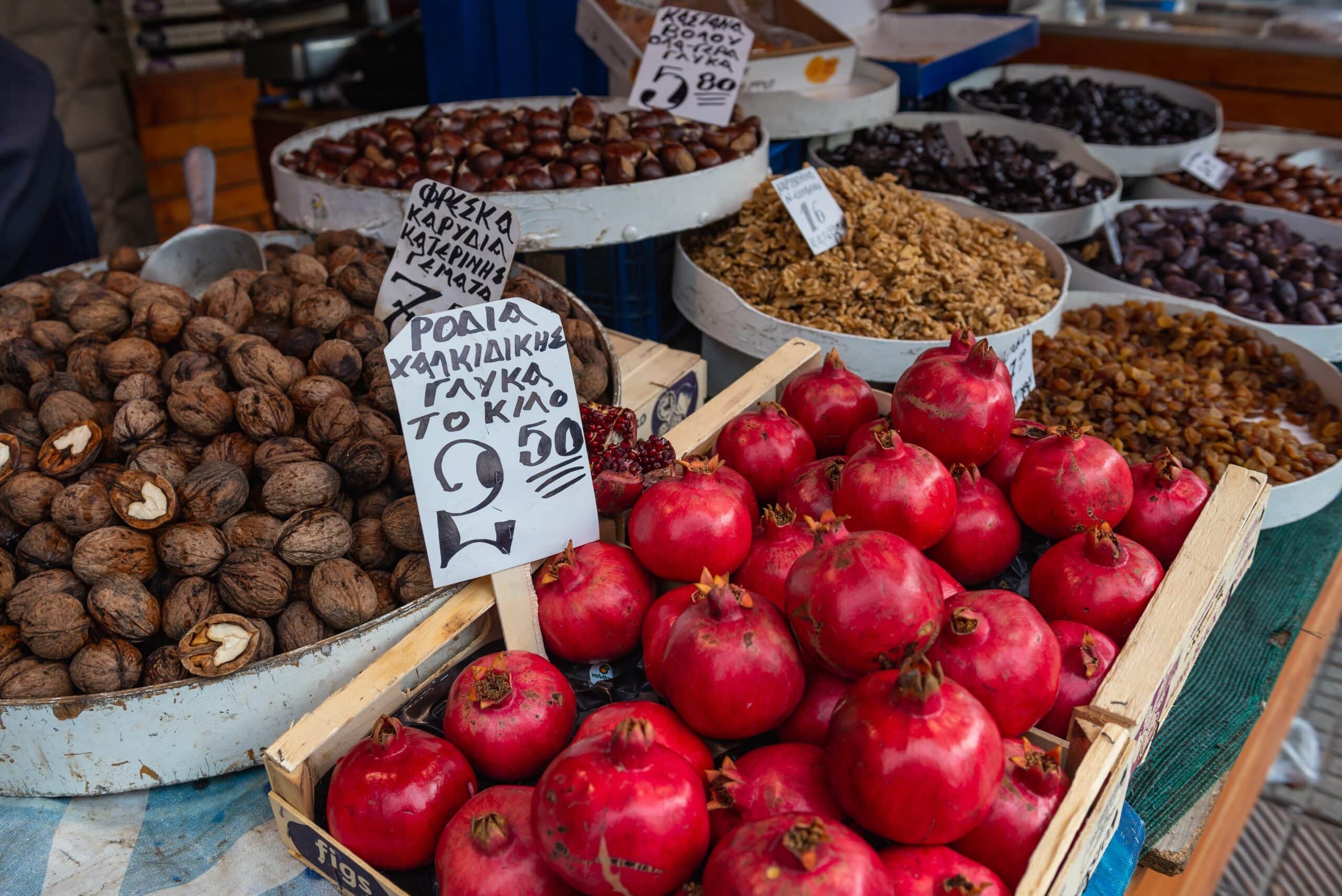Exploring Careers in Customs: Opportunities and Insights
The Role of a Customs Officer
Customs officers play a crucial role in maintaining the integrity of a country’s borders. They are responsible for enforcing laws and regulations related to the import and export of goods. This position requires a keen attention to detail, as officers must inspect cargo, verify documentation, and ensure compliance with legal standards. Their work helps prevent illegal activities such as smuggling and trafficking, while also facilitating legitimate trade.
Customs officers are often stationed at airports, seaports, and border crossings. Their duties include:
- Inspecting luggage and cargo for prohibited items.
- Checking travelers’ documents and visas.
- Assessing and collecting duties and taxes on imports.
- Collaborating with other law enforcement agencies.
The role demands a strong sense of ethics and the ability to make quick decisions under pressure. As global trade continues to expand, the demand for skilled customs professionals grows, making it a rewarding career path for those interested in law enforcement and international commerce.
Pathways to Becoming a Customs Officer
Embarking on a career as a customs officer requires a combination of education, training, and personal attributes. Typically, candidates must have at least a high school diploma, although higher education in fields such as criminal justice, international relations, or business can be advantageous.
Prospective customs officers must also undergo rigorous training programs, which cover topics such as customs laws, inspection techniques, and the use of detection equipment. Physical fitness is often a prerequisite, as the job can be physically demanding. Additionally, candidates must pass background checks and may be required to obtain security clearances.
Key skills for success in this field include:
- Strong analytical abilities to assess and interpret complex information.
- Excellent communication skills for interacting with travelers and colleagues.
- Attention to detail to identify discrepancies in documentation.
- Problem-solving skills to address challenges effectively.
With the right preparation and dedication, a career as a customs officer can offer stability, opportunities for advancement, and the chance to make a meaningful impact on national security and trade.
Challenges and Rewards of the Profession
Like any career, working as a customs officer comes with its own set of challenges and rewards. One of the primary challenges is the need to stay updated with constantly changing regulations and international trade agreements. This requires continuous learning and adaptation, which can be demanding but also intellectually stimulating.
Customs officers often work in high-pressure environments where quick decision-making is essential. The job can involve irregular hours, including nights and weekends, particularly at busy ports of entry. Despite these challenges, many officers find the work rewarding, as it allows them to contribute to national security and facilitate legitimate trade.
The profession offers a variety of rewards, including:
- Competitive salaries and benefits packages.
- Opportunities for career advancement and specialization.
- The chance to travel and work in different locations.
- Job stability and the satisfaction of public service.
For those who thrive in dynamic environments and are passionate about law enforcement and international trade, a career as a customs officer can be both fulfilling and impactful.
